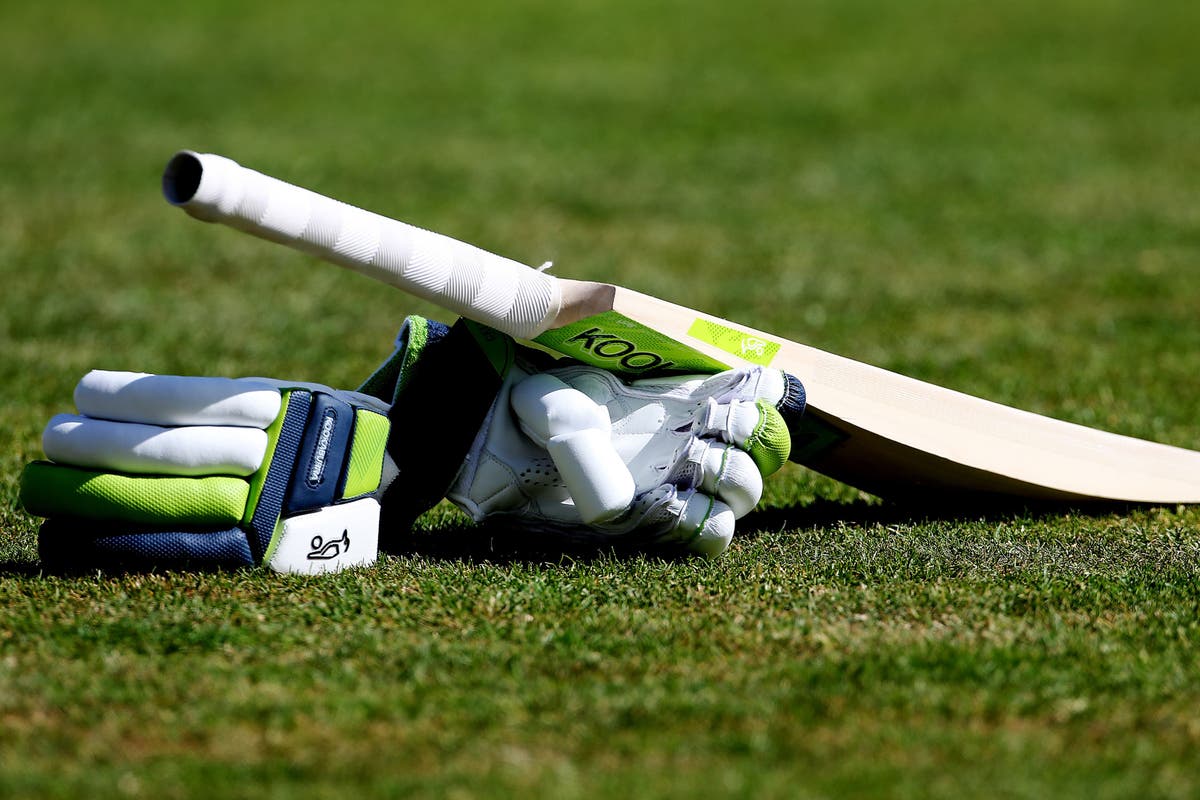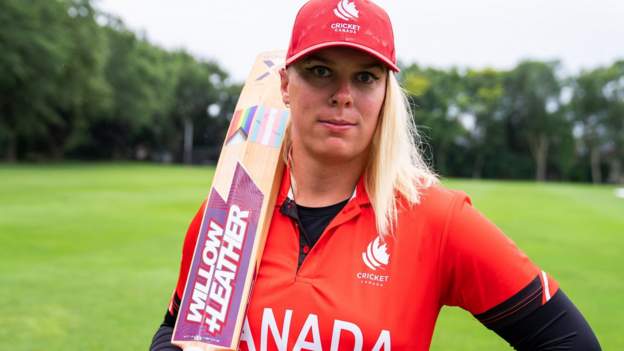The International Cricket Council (ICC) has introduced new gender eligibility regulations, leading to the ban of transgender players from international women’s cricket. The decision, approved by the ICC board, comes after a nine-month consultation process, citing the protection of the integrity of the women’s game, safety, fairness, and inclusion.

Also Read: Ghana Striker Raphael Dwamena Dies After Collapsing on Pitch
The participation of Danielle McGahey, a transgender cricketer from Canada, who made headlines as the first transgender player to feature in international cricket earlier this year.
McGahey, a 29-year-old batter, transitioned from male to female in 2021 and played for Canada in the Women’s T20 Americas Qualifier in September 2023.
However, under the new regulations, any player who has undergone male puberty will be ineligible for women’s international cricket, irrespective of surgeries or gender reassignment treatments.
The timing of the decision has began criticism, especially considering that McGahey was allowed to play in the recent World Cup Qualifier based on the rules existing at that time.
Brazil Women’s captain, Roberta Moretti Avery, expressed respect for the decision but deemed the timing unfortunate.
She highlighted the abuse McGahey faced after being allowed to play, stating that it could affect mental health. The decision has led to disappointment about the impact on the transgender community in sports.
The ICC defended its decision by addressing the importance of protecting the integrity of the women’s game and ensuring the safety of players.
Geoff Allardice, the CEO of ICC, stated that while inclusivity is crucial, the priority was to safeguard the integrity of international women’s cricket. The new regulations will be subject to review within two years.
Also Read: Sri Lanka Cricket Suspended by ICC Over Governance Breach
The ICC’s decision aligns with trend seen in various sports bodies globally. Rugby union, swimming, cycling, athletics, and rugby league have all implemented similar policies, barring transgender players who have undergone male puberty from competing in women’s categories.
The move is often justified by concerns related to fairness and safety. Sources suggest that the decision might be influenced by cricket’s inclusion in the 2028 Olympics.
The International Olympic Committee (IOC) has been urging sports organizations to align their policies with Olympic guidelines. The ICC’s adoption of gender eligibility rules can be seen as a response to global standards set by the IOC.
The ban on transgender women from international women’s cricket raises questions about the inclusivity of sports.
While acknowledging that transgender players are not banned from cricket altogether, critics argue that such policies may discourage transgender athletes from their dreams.
Danielle McGahey expressed disappointment at the decision. The Women’s Rights Network (WRN) welcomed the decision, addressing its importance.
However, the network questioned the delay in implementing such policies and clarified that transgender players are still free to participate in men’s or mixed teams.
Also Read: Hong Kong Hosts Asia’s First Gay Games Despite Opposition
The complex intersection of gender identity, inclusivity, and fairness continues to be a topic of debate in sports.
The ICC’s decision follows the footsteps of other sports organizations that have implemented restrictions on transgender athletes.
Swimming’s world governing body, Fina, voted to bar transgender athletes from elite women’s races if they had undergone any part of male puberty. Rugby and cycling have also enforced similar bans.
The England and Wales Cricket Board (ECB), while acknowledging the new ICC regulations, affirmed its commitment to reviewing its own transgender policy.
The ECB’s current stance is that transgender women should be accepted in the gender with which they identify.
However, safety concerns, such as differences in speed, strength, or skill, may prompt the application of a disparity policy.
The ICC’s decision adds cricket to the list of sports aligning their policies with global standards, particularly those set by the International Olympic Committee.
The implications of such policies on the participation of transgender athletes in international competitions underline the need for a nuanced approach to gender eligibility in sports.
Also Read: Saudi Arabia to Host 2034 FIFA World Cup as Australia Withdraws























